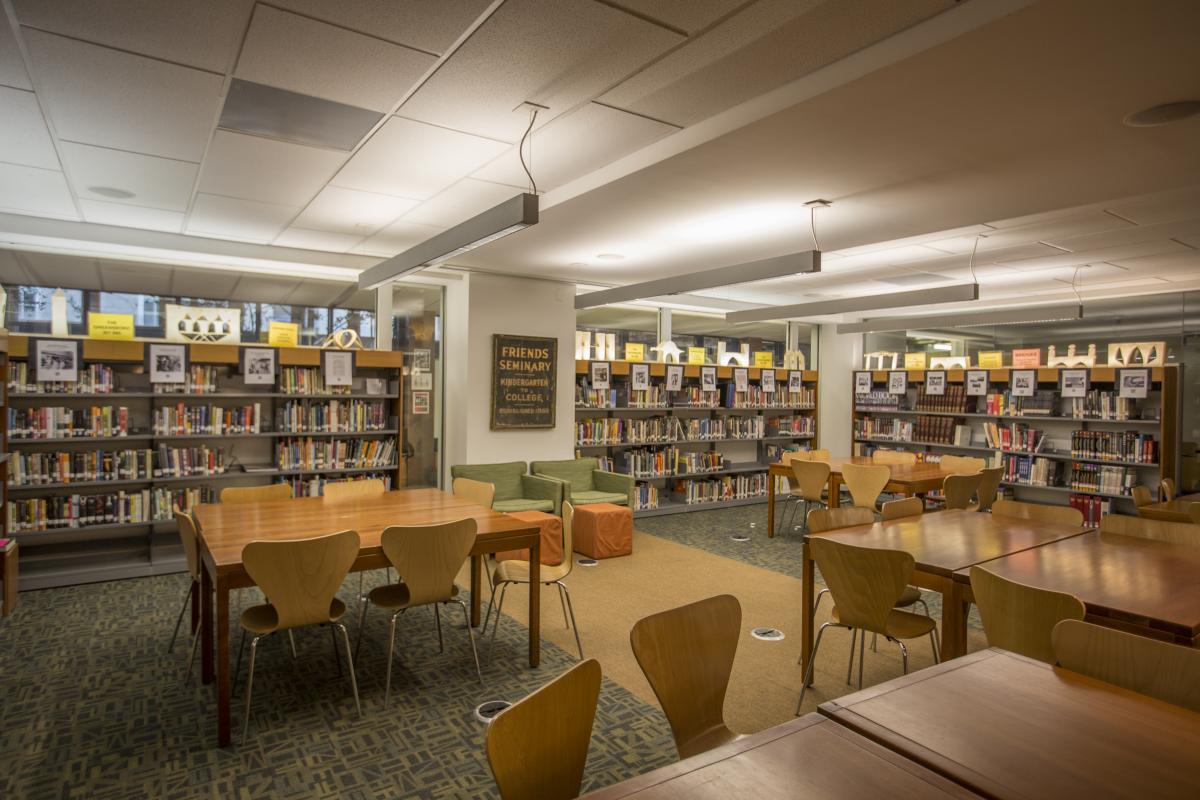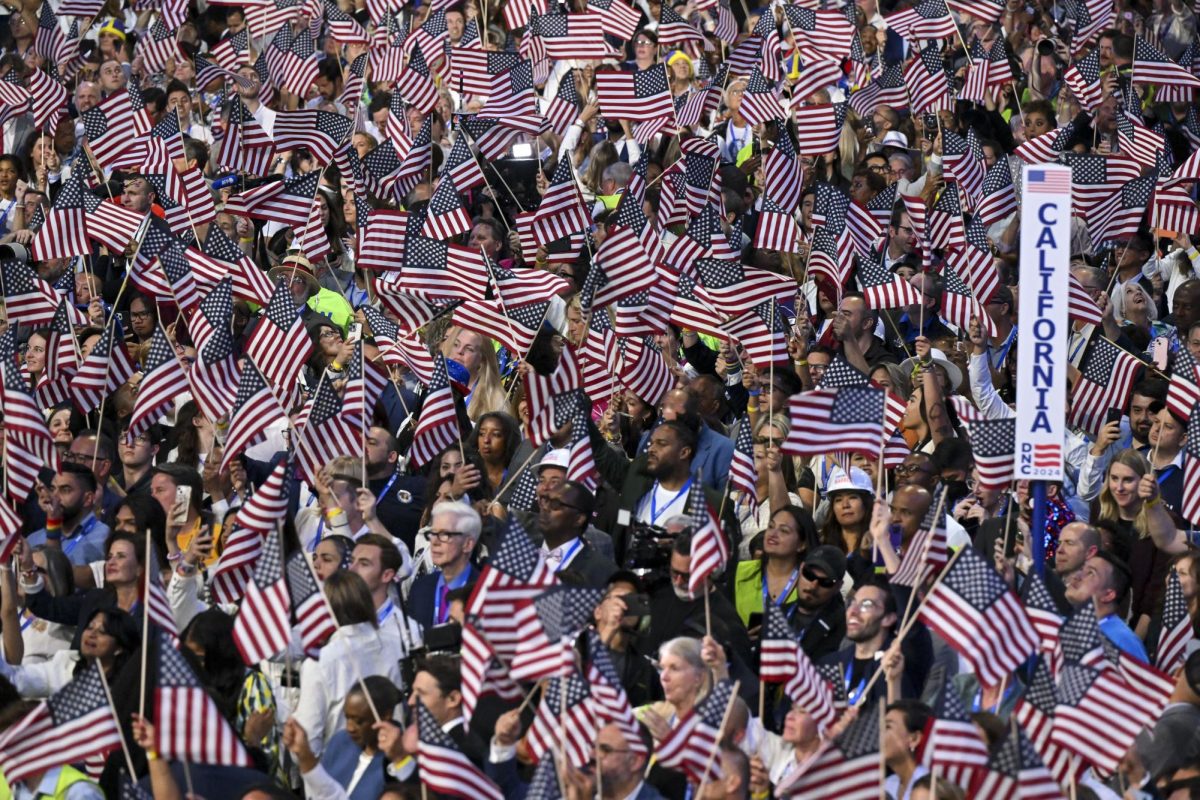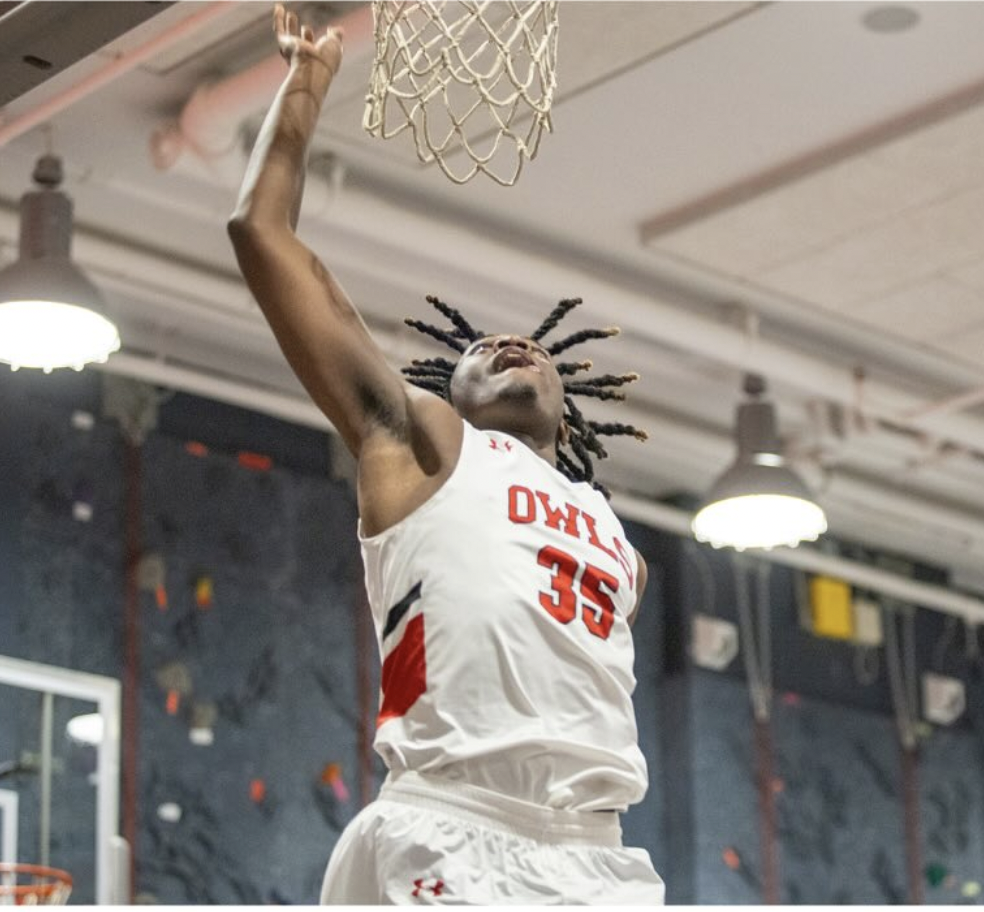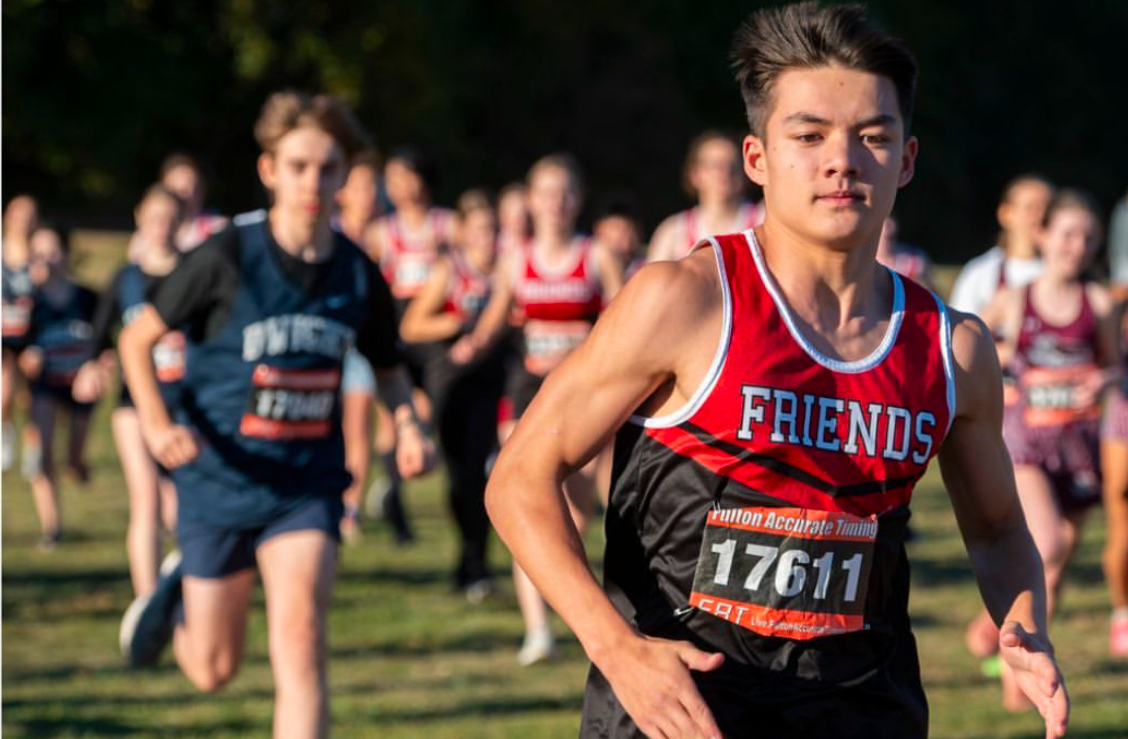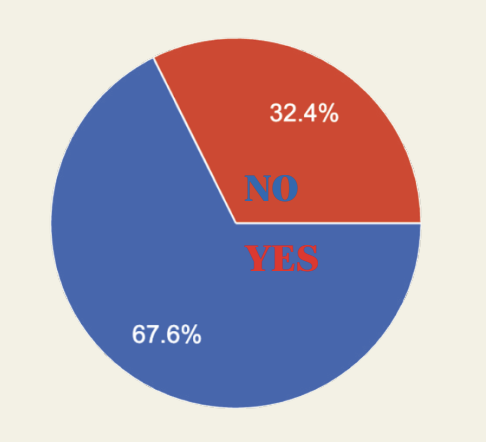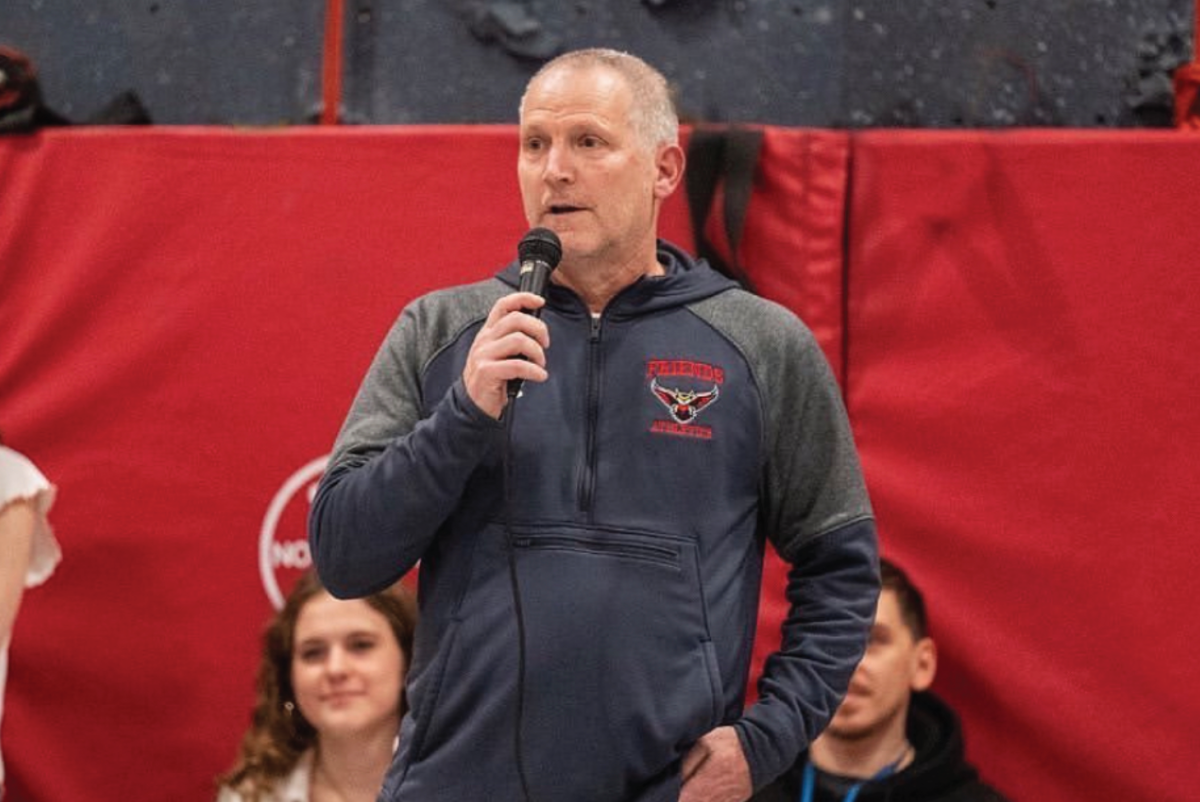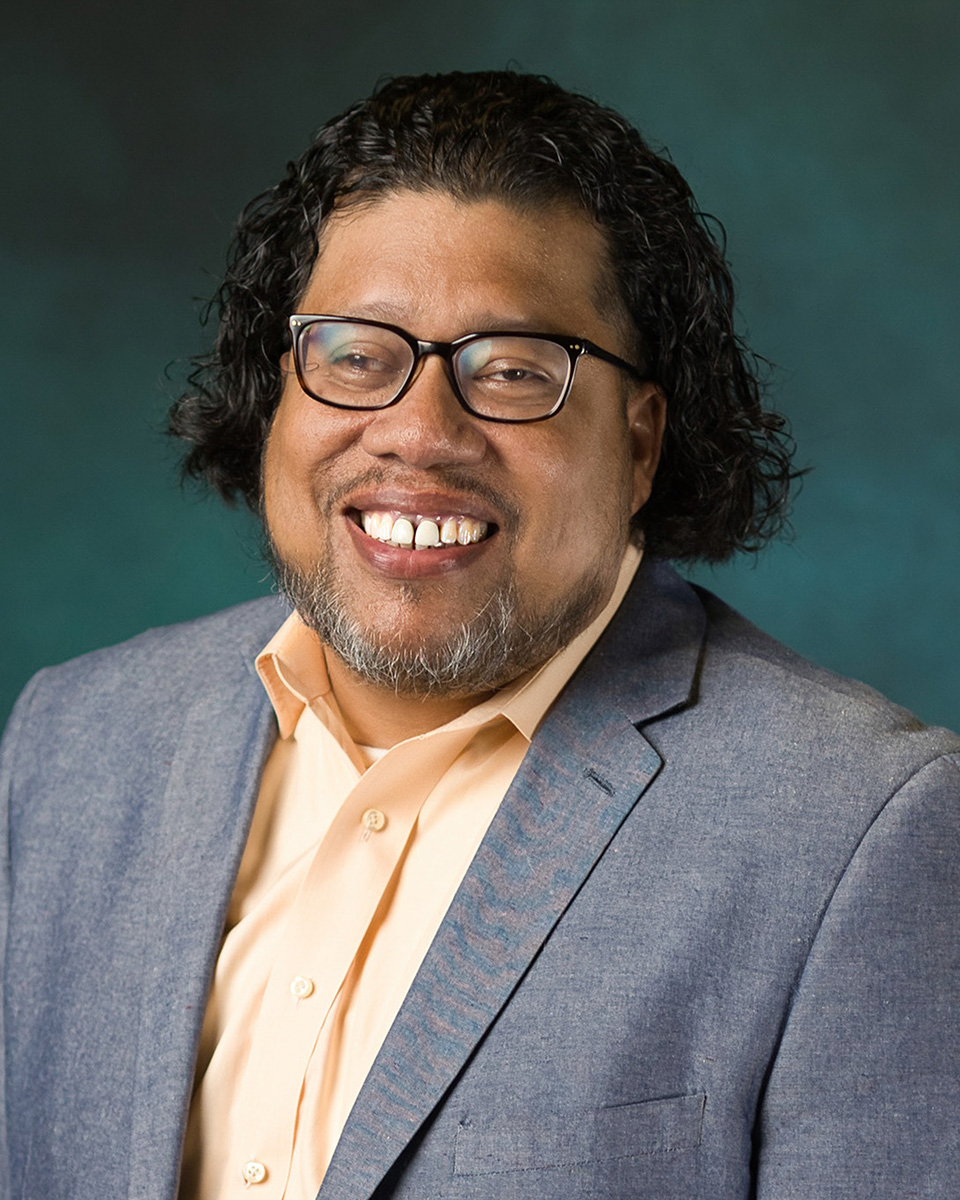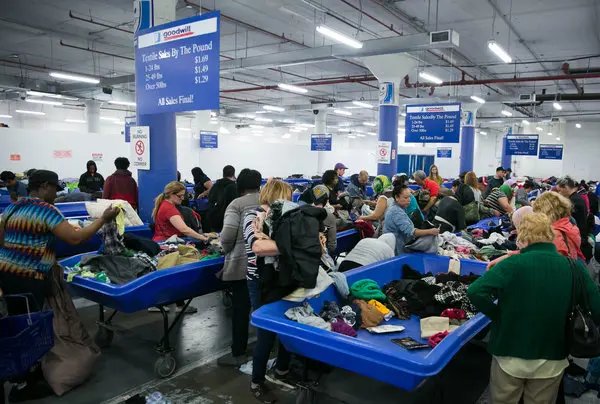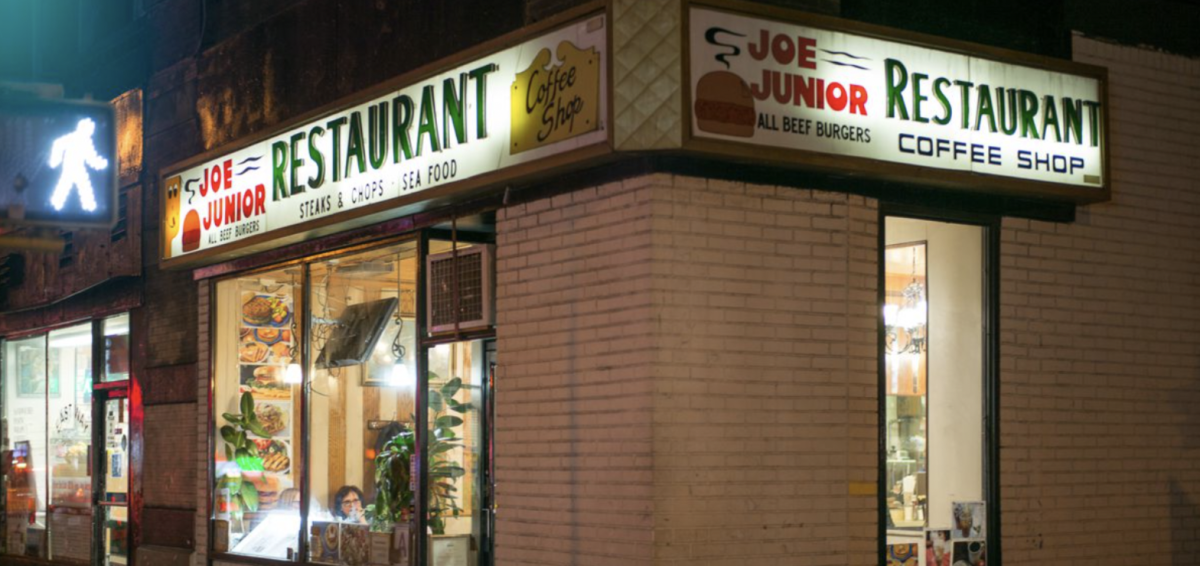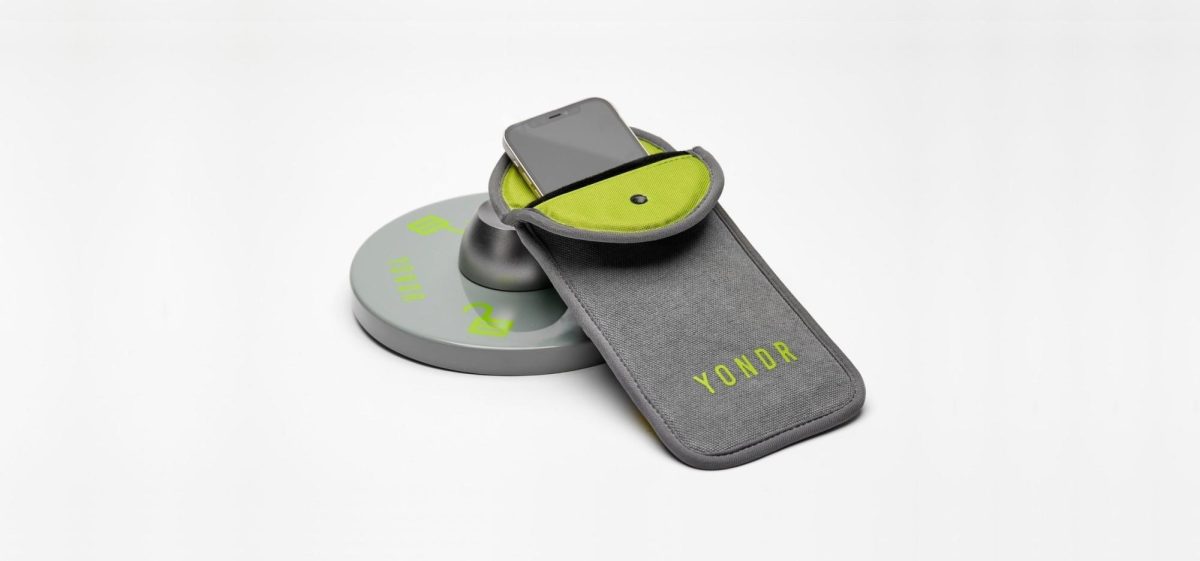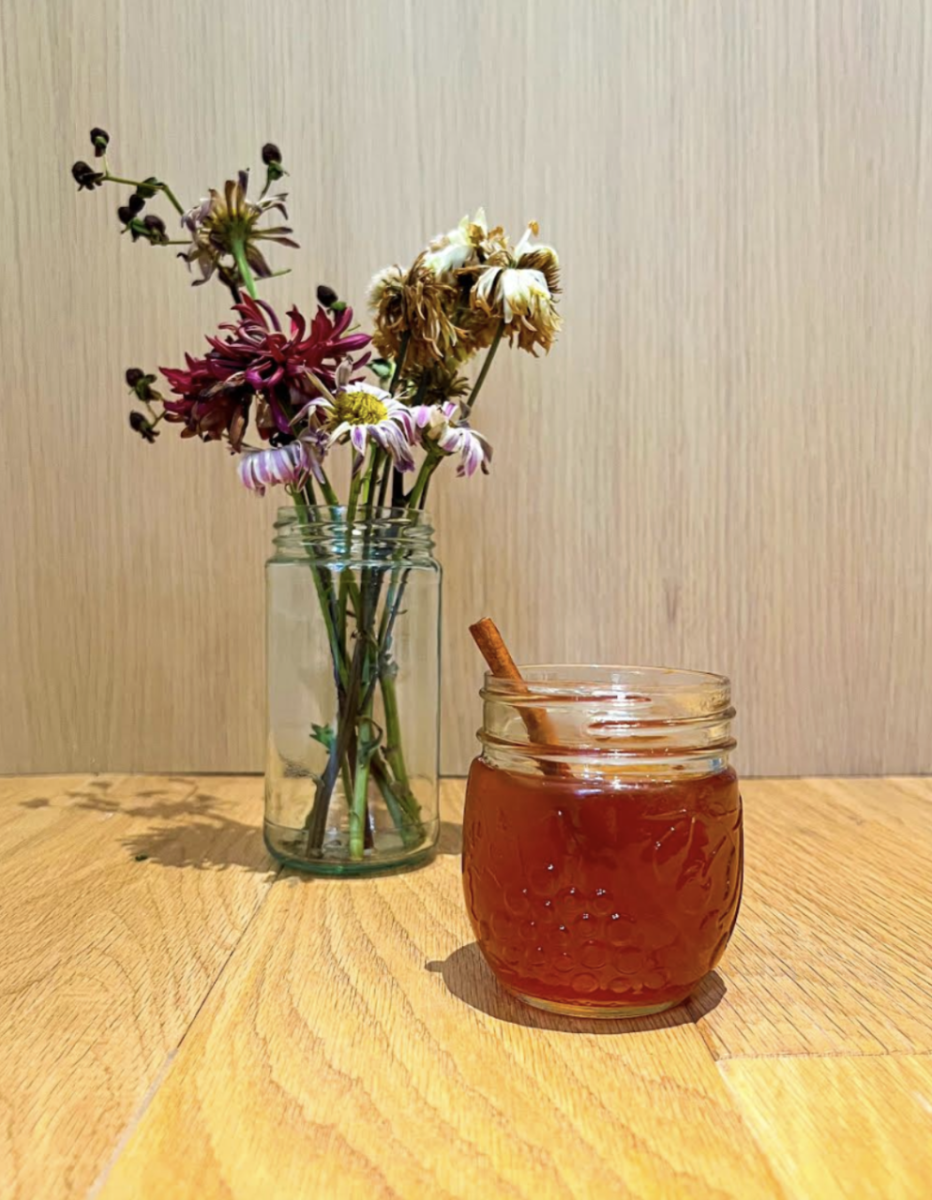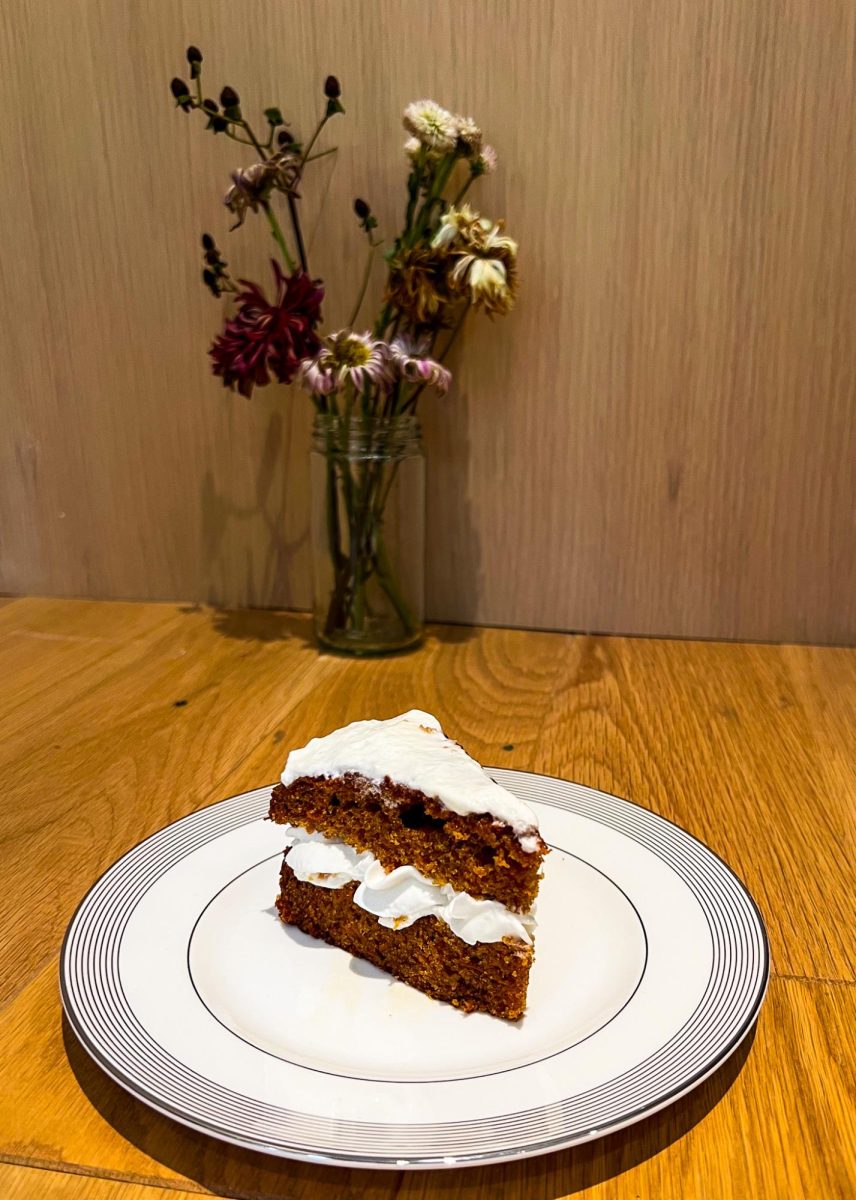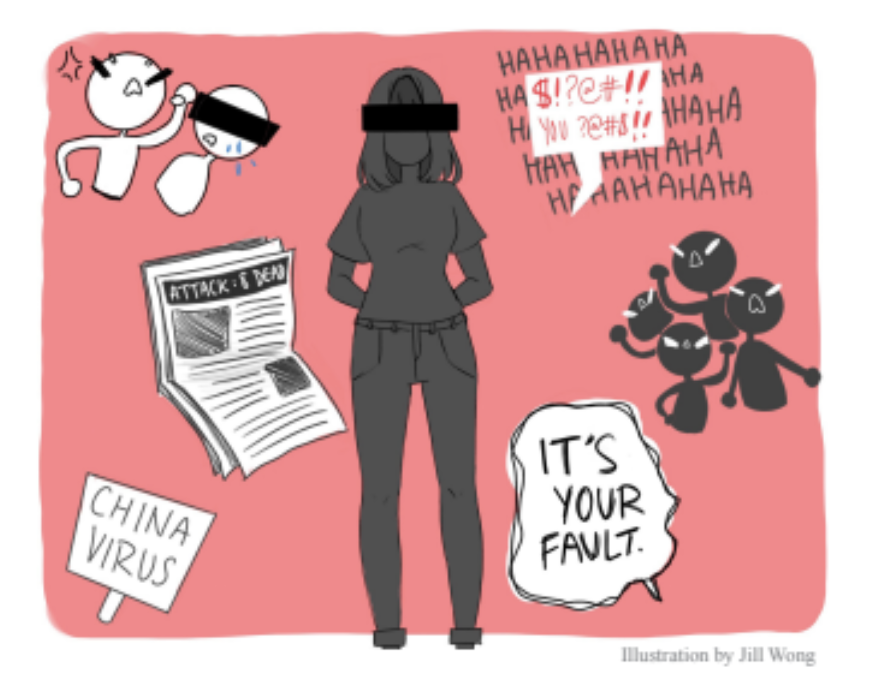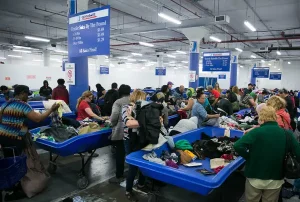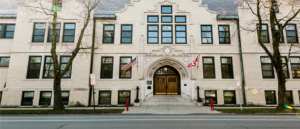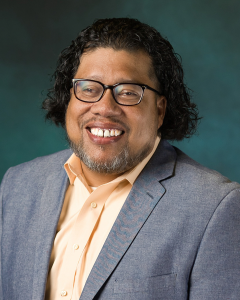Attacks Against AAPI Community Incite Fear, Reflection
June 23, 2021
To start off, I want to say that I can only speak on my own experience as an Asian American. Every experience, and every story, is different. I don’t claim that my experience encapsulates the whole experience of the Asian American Pacific Island (AAPI) community.
The continuous onslaught of violent attacks against Asians during and in the aftermath of the pandemic has shaken me to my core. I’m nervous to be in the city by myself, and I often find myself tensing, holding my breath, waiting for the day that something happens to me. Specifically, the massacre of eight people in Atlanta, Georgia — six of them Asian women — made my blood run cold. It also seemed to wake up much of America to anti-Asian racism. But I’ve been awake for a while.
Asian American hate and racism isn’t new in the United States. Hate and racism itself isn’t new in the country at all. It’s been ongoing for centuries – marked by years of discrimination, violence, and dehumanization – and there’s no end in sight.
The thing about racism and white supremacy is that all of it is presented as a big, evil juggernaut — a larger-than-life thing that’s defined by massacres and violent attacks, both of which are most definitely a sad outcome of such hateful rhetoric. But racism is also part of everyday life. It’s in sidelong glares; it’s in the classic comment: “Oh, where are you really from?”; it’s in little, everyday things that may seem insignificant to those who aren’t savvy to the undertones. These little things have been allowed to go on, unchecked and undetected. In fact, they’re encouraged much of the time. Racism and hate isn’t the big, scary monster in the closet — it’s everywhere. It’s casual.
It’s disappointing, to say the least, that the last few months, which have been full of attack against Asians, was what it took for the discrimination Asian Americans face to be seen as a valid experience.
My earliest memories of racism were incidents that I didn’t even consider racist until I was much older. I’ve been called the wrong name, mistaken for another Asian student. A classmate made a joke that many of my peers laughed at. As people laughed around me, I sat there, awkwardly trying to chuckle, and wondering if I should say something. This “joke” was so offensive that I don’t want to write it. I don’t want to give anybody else the opportunity to see it and say it. But it’s had such a profound effect on me three years later that it still stings just the same.
Hindsight is 20/20; I wish that I had spoken up. I wish that I hadn’t sat there, silent and perpetuating the idea that this racism is normal and okay – because it’s not.
The racism AAPI individuals have faced only seems to be getting worse. Every day, as I scroll through social media, there seems to be a new attack on an elder, a new storefront robbed. It makes my heart sink. To blame a whole community for this global pandemic and execute vicious attacks physically or verbally is incredibly damaging, and it preserves the “perpetual foreigner” stereotype that Asians have faced since immigration from Asia started.
I’m on high alert when I’m by myself on the street, holding my breath when somebody stands a little too close. I cross streets quickly, rush to wherever I’m going as fast as possible. I don’t know what will happen to me – nobody does – but I don’t want to wait around to find out.
If there’s one thing I can find solace in, it’s the efforts being made to stop anti-AAPI racism. People across the globe are raising awareness for and advocating against all this hate, and there are even organizations that were created for the purposes of combating anti-Asian sentiment and supporting the AAPI community. One organization, Stop AAPI Hate, opened an online reporting center where AAPI people can report incidents of hate. It’s good to know that there are allies I can trust and that people actually care about the AAPI community and want to help make it safer for us. Knowing all this helps me keep some hope that a brighter future is ahead.

